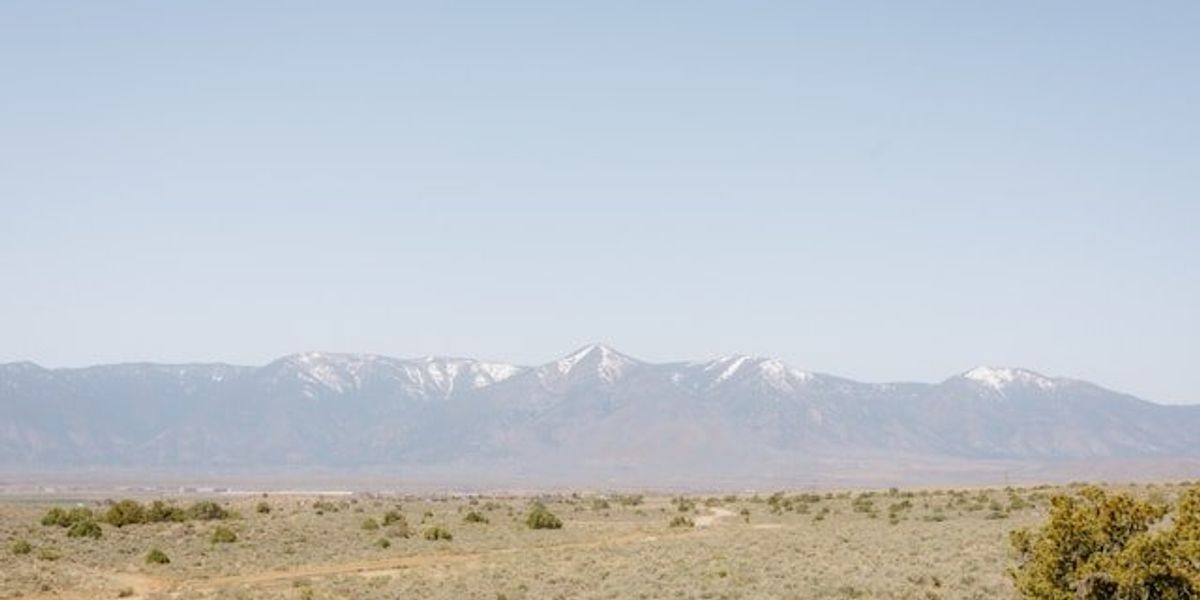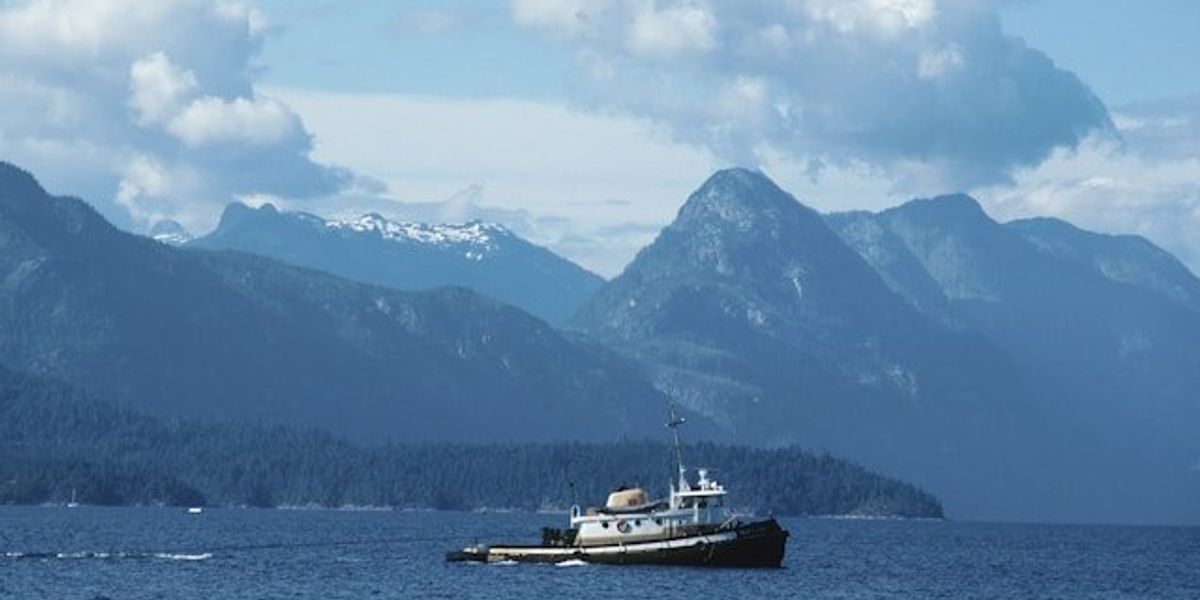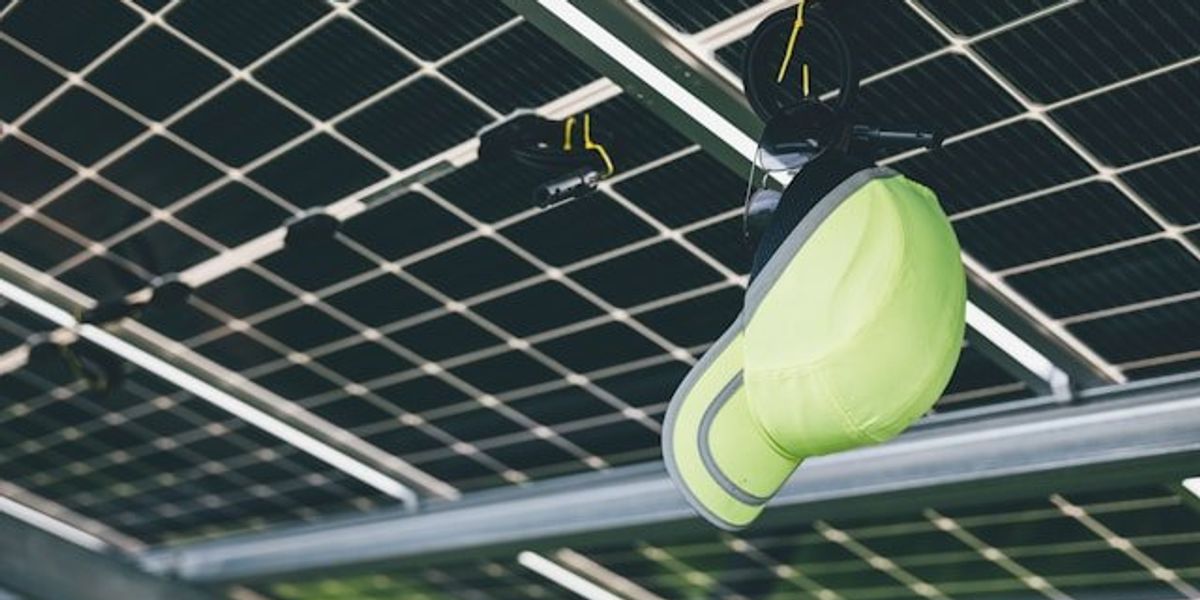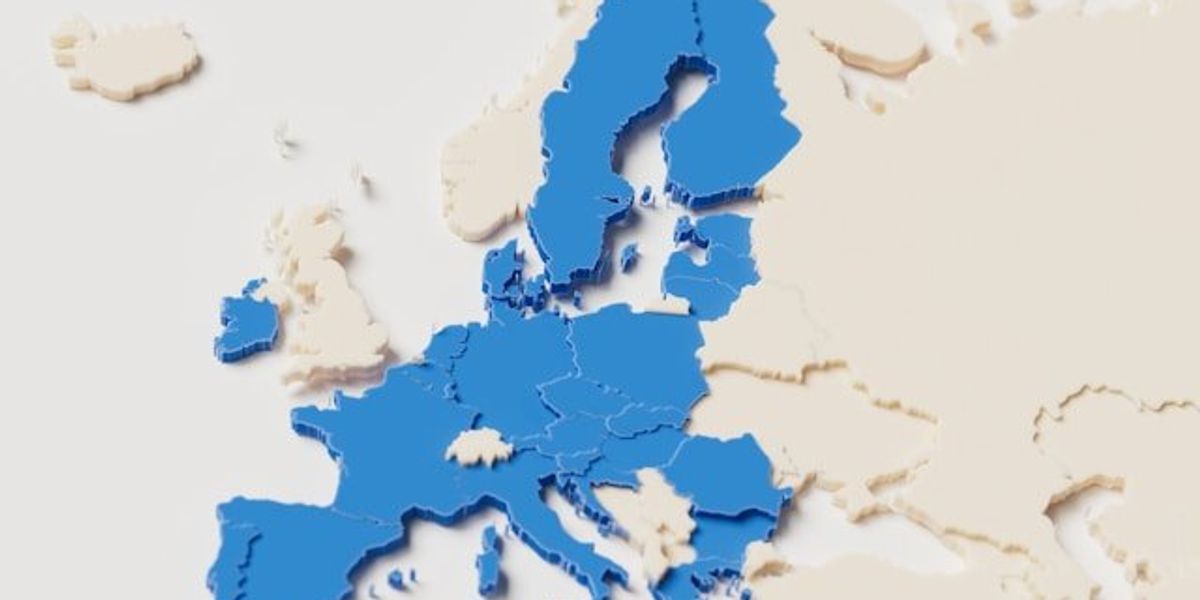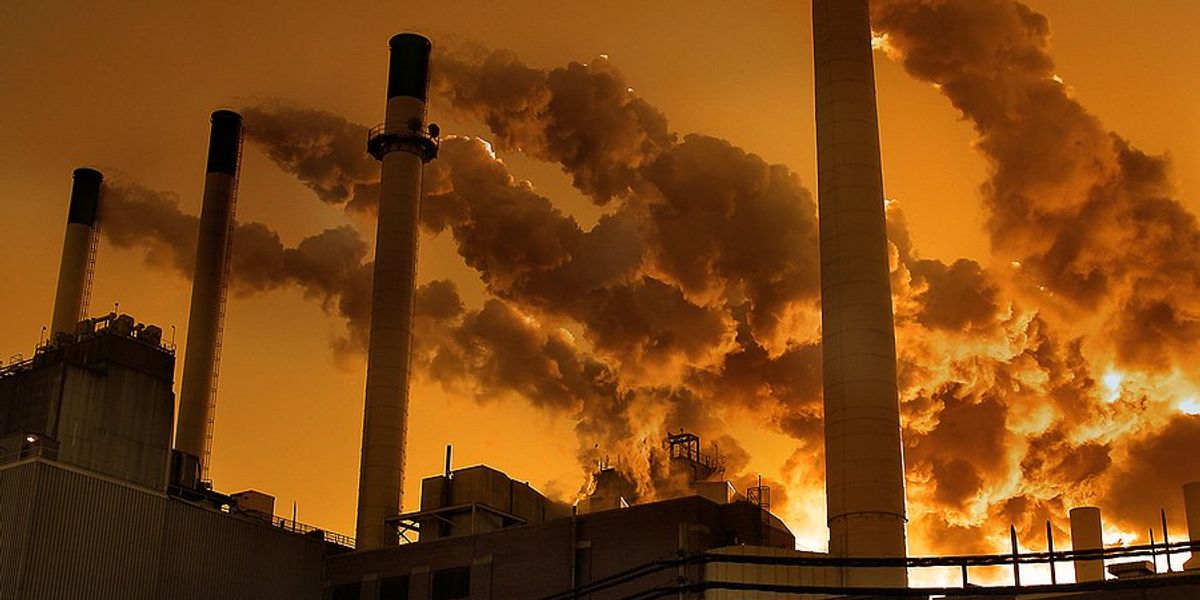Trump’s mining push undermines itself by gutting clean energy demand
The Trump administration is accelerating domestic mining projects while simultaneously undercutting the clean energy policies that would create a stable U.S. market for critical minerals like lithium and graphite.
Alexander C. Kaufman reports for The Atlantic.
In short:
- President Trump’s executive actions aim to boost U.S. mineral production by fast-tracking mining permits and proposing tariffs on foreign mineral supplies and equipment.
- At the same time, cuts to clean energy incentives, such as electric vehicle tax credits and clean-tech loans, are dismantling the demand that would sustain domestic mineral markets.
- Legal uncertainty from regulatory rollbacks may further deter investors and delay mining projects despite expedited permitting efforts.
Key quote:
“Without a clear, consistent demand signal, no mining company would put a single drill in the ground to make an investment.”
— Kwasi Ampofo, lead mining and minerals analyst at BloombergNEF
Why this matters:
Critical minerals like lithium, graphite, and rare earths are the backbone of modern clean energy technology, from electric vehicles to renewable grid storage. They are also increasingly important to national defense systems and global tech manufacturing. While China currently dominates mineral processing and pricing, many Western nations, especially the U.S., are eager to diversify supply chains. But these supply chains only function if industries, from car manufacturers to battery makers, are actively buying materials. When governments weaken the market for clean tech, they kneecap their own ability to attract private investment in mining. Without long-term demand, miners won’t take financial risks, and processing facilities stall. The United States' contradictory approach may cost it both economic leverage and environmental resilience.
Related: Trump opens protected lands in Nevada and New Mexico to drilling and mining

